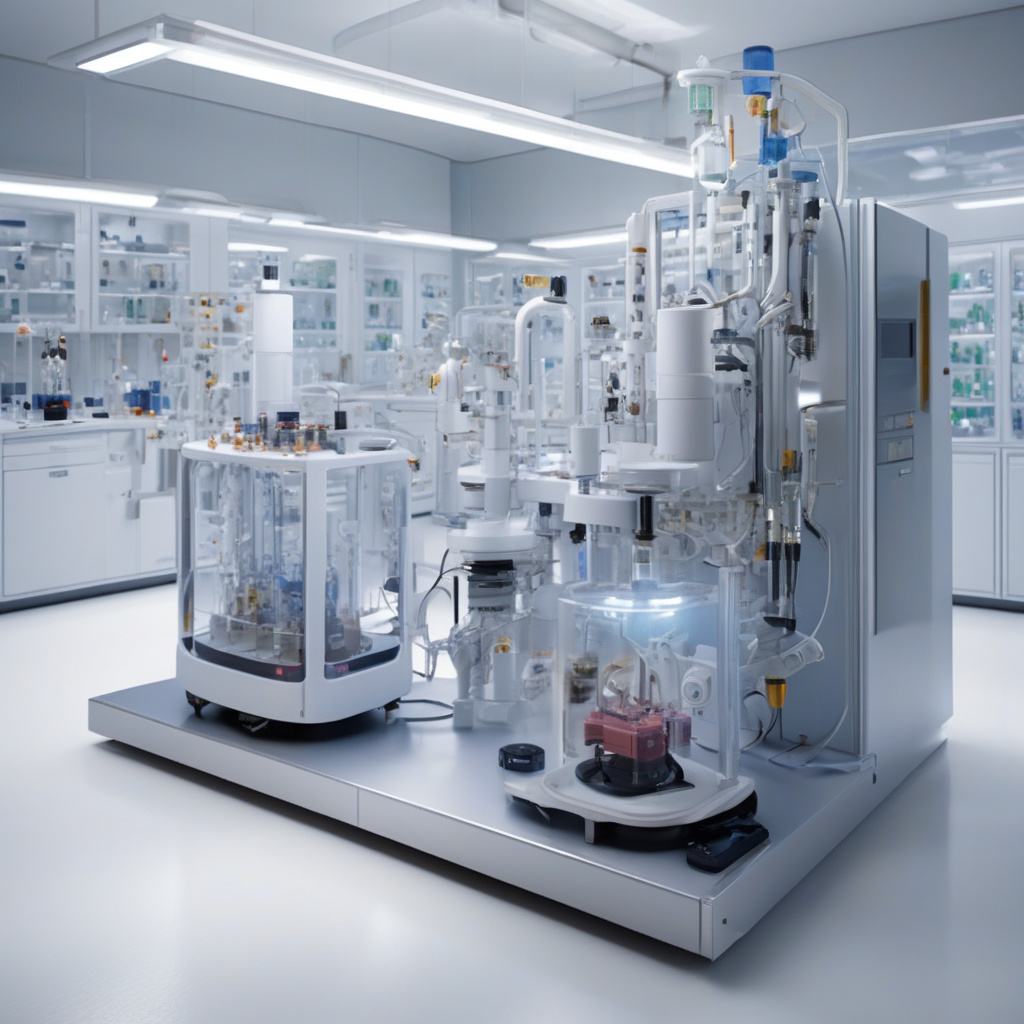Lithium Salt Boosts Sodium-Ion Battery Tech with 93% Retention Breakthrough
Researchers in Korea have developed a method to improve the lifespan and performance of sodium-ion batteries by utilizing lithium salt. This groundbreaking approach has led to a remarkable 93% retention rate, marking a significant advancement in energy storage technology.
Sodium-ion batteries have long been considered a promising alternative to lithium-ion batteries due to the abundance of sodium resources and lower cost. However, their widespread adoption has been hindered by issues such as limited cycle life and lower energy density. By incorporating lithium salt into the electrolyte of sodium-ion batteries, researchers have been able to address these challenges effectively.
The key to this breakthrough lies in the unique properties of lithium salt, which helps stabilize the electrode-electrolyte interface and enhance the overall performance of the battery. This innovation not only extends the lifespan of sodium-ion batteries but also boosts their energy retention capacity, making them more competitive with traditional lithium-ion counterparts.
One of the most significant advantages of this new approach is its potential impact on the renewable energy sector. As the demand for sustainable energy solutions continues to rise, the development of high-performance and long-lasting batteries is crucial for the widespread adoption of solar and wind power. Sodium-ion batteries enhanced with lithium salt could play a vital role in storing excess energy generated from renewable sources, ultimately contributing to a more stable and efficient power grid.
Furthermore, the use of lithium salt in sodium-ion batteries could also revolutionize the electric vehicle industry. By improving the energy density and lifespan of sodium-ion batteries, this technology could help accelerate the transition to electric vehicles by offering a more cost-effective and environmentally friendly alternative to traditional combustion engine vehicles.
The successful integration of lithium salt into sodium-ion battery technology highlights the importance of continuous innovation in the field of energy storage. As researchers and engineers explore new materials and techniques, the potential for further advancements in battery technology remains vast. This breakthrough serves as a testament to the power of collaboration and ingenuity in overcoming existing challenges and driving progress in the ever-evolving energy sector.
In conclusion, the use of lithium salt in sodium-ion batteries has unlocked a 93% retention breakthrough, paving the way for enhanced performance, longer lifespan, and greater energy storage capacity. With its implications for renewable energy integration and electric vehicles, this innovation holds the key to shaping a more sustainable and efficient future.
sodium-ion batteries, lithium salt, energy storage, renewable energy, electric vehicles












